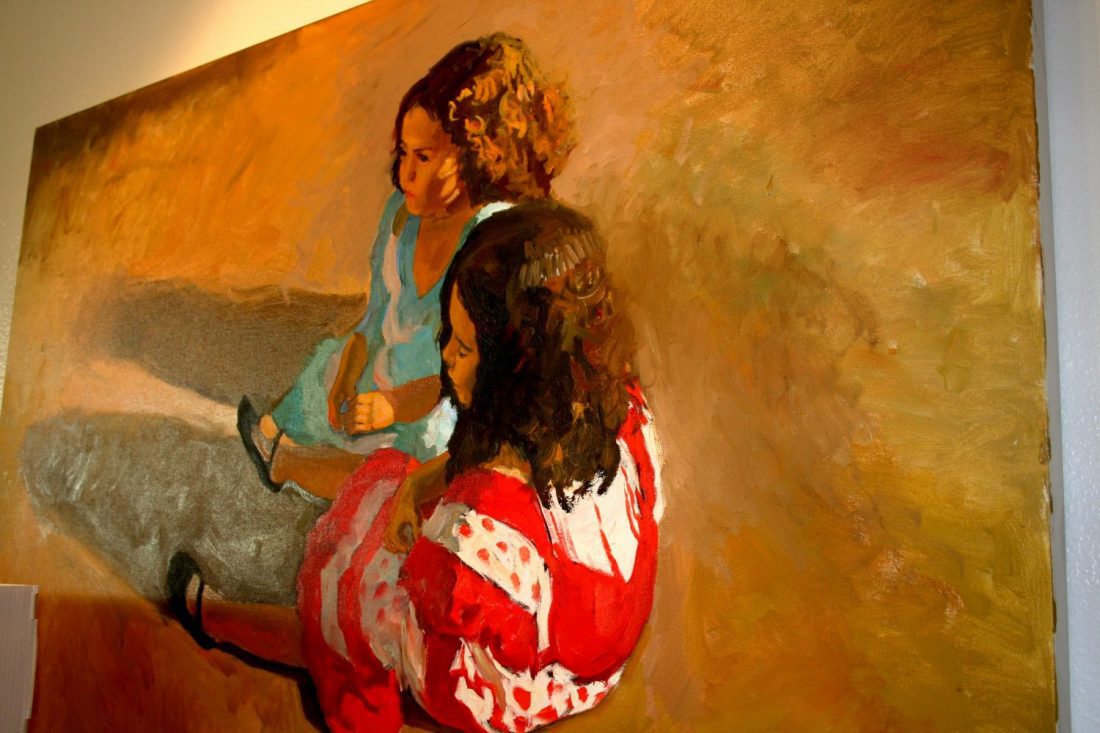Friends and lovers
by Robert Docter –
I am intrigued with two words: “like” and “love.”
“Like” must be one of the most overused words in the English language. Like this and like that—like, you know—like maybe … It becomes a filler used as sound to take up space.
The word does seem to have many meanings. For me, “like” means pleasure in someone’s company—enjoyment with someone—my feelings toward a good friend. It also means an attraction toward something or similar to something—like , “I like chocolate milk shakes.”
Love has elements of devotion connected to it—with bonds of trust, sincere affection and adoration. Genuine love never keeps score. It keeps promises, never gives up on people, forgives completely, only grows and never ends.
Love has a much greater degree of intimacy when it is reciprocated. Some love out of obligation, feeling no reciprocation. That’s sad. Often there is no “like” in this type of relationship.
I have a wonderful family. It’s large and spans at least three generations. We like each other genuinely, and love each other without qualification or condition. We do not always agree on everything, and some of the differences become somewhat heated in a healthy way.
In that family is my twin brother and all his family. We grew up together yet fashioned our own identities. He is very important in my life. I’ve known him a long time. Our families are both distant and close at one and the same time. With my brother, there is no distance.
My wife, Diane, to whom I have been married 55 years, is my one true love. She is the key to that which binds our family together. We have six children. Together, with their spouses, they have made us grandparents 15 times. What joy.
We are very close—not as friends are close—but as family. Everyone likes everyone else most of the time. Everyone, including me, likes Diane all of the time. She is a unique exception.
Each of our children is very autonomous, quite independent and very much a key figure within their own nuclear family. We see each other almost daily. All of us, moreover, have friends outside the family. These friends often are more than simple acquaintances. Some of these relationships will last a lifetime.
A family is more than a group of friends. Much more—but it needs to be friendly. It is in the family that we learn friendliness—how to make friends and be friends—the kind of friend that becomes significant in our lives. I call this kind of relationship true friendship.
I am not destitute of true friendship.
I am a wealthy man, for along with a family that likes and loves each other, there lives in my life those who, with me, sing the songs of spring to melodies of commitment, loyalty and love. Distance never separates us. A constant flow of words seem unnecessary. Their presence in my mind through the years awakens warm memories in our separation and ignites rockets of joy as we find and seize opportunities to be together.
Time, too, fails to separate us. Together, we find the happiness of a bond of closeness revealed in a “fellowship with essence.”
Wherein lies happiness?
In that which becks our ready minds
To fellowship divine –
A fellowship with essence.
John Keats
There is nothing temporary about a fellowship with essence. It’s permanent. It has all the fundamental requisites of something unchangeable even by death. It is love.
These friends and I share much in common. Differences in point of view, political choices, minor likes and dislikes fail to quell the joy we have together.
This kind of friendship with soul and spirit and heart—this friendship with essence—this level of intimacy is the product of years of pleasure in each other’s presence, of trust through natural trials, of love through life’s hazards. We become family.
There are, for me, only a few such relationships. They spread through a family—through generations and resonate through the years. The melody is not difficult. It does not require great effort. No one is on-guard. Everyone presents only a genuine self—nothing manufactured or studied. It says with supreme confidence: “ Here I am. This is me—nothing more, nothing less.”
A fellowship divine involves God. He is worthy of our love. His genuine presence in a life encourages self-sacrifice, provides us joy in the success of others, and gives us, in the words of Eugene Peterson, “three things to do: trust steadily in God, hope unswervingly, and love extravagantly—and the best of the three is love.”











